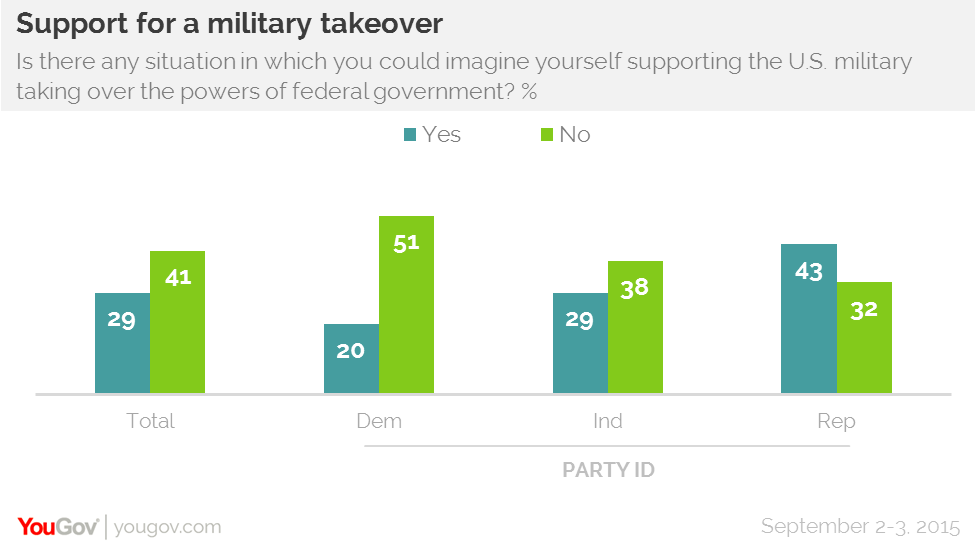The Daily Escape:

Old Victorian farmhouse between Santa Cruz and Salinas, CA – photo by Dave Alvin
The NYT has a report about how hard it is for the US military to find new recruits:
“Almost across the board, the armed forces are experiencing large shortfalls in enlistments this year — a deficit of thousands of entry-level troops that is on pace to be worse than any since just after the Vietnam War. It threatens to throw a wrench into the military’s machinery, leaving critical jobs unfilled and some platoons with too few people to function.”
More:
“The Army is the largest of the armed forces, and….As of late June, it had recruited only about 40% of the roughly 57,000 new soldiers it wants to put in boots by Sept. 30, the end of the fiscal year.”
Still more: (emphasis by Wrongo)
“Less than a quarter of young American adults are physically fit to enlist and have no disqualifying criminal record, a proportion that has shrunk steadily in recent years. And shifting attitudes toward military service mean that now only about one in 10 young people say they would even consider it.”
This is shocking. You don’t have to be a competitive athlete to join the Army. Too many young men have prison records. The military should seriously consider issuing waivers for criminal history. A willingness to die for one’s country should be seen as a gigantic step towards rehabilitation.
And since just 10% of potential recruits are willing to consider serving, young people have obviously understood the lessons of Afghanistan and Iraq. Why would young people want to die for wasteful wars of choice that have nothing at all to do with protecting their country?
These shortfalls put pressure on the military to bring in people who are either marginally qualified or unqualified. Wrongo ran a US Army unit in Germany during the Vietnam war. Back then, the US Army couldn’t recruit enough people who met its basic standards. The DOD came up with a program called Project 100,000 in October 1966 to recruit new soldiers who previously had been below the military’s mental or medical standards.
Project 100,000 personnel died at higher rates than other Americans serving in Vietnam. In Germany, more of our Project 100,000 soldiers served time in military jails than did our regular recruits. The project was ended in December 1971.
It looks like the Army is currently walking toward implementing a similar solution to the same problem it had 45 years ago.
Since jobs are plentiful in America, and wages have increased, the military has to compete by sweetening their deal with signing bonuses (up to $50,000). The military has also downsized. The number of active-duty service members is now about half of what it was in the 1980s and it’s projected to keep decreasing.
Also, the shabby way we treat our veterans hasn’t gone unnoticed by young people. The Watson Institute researches the cost of the Afghan war. They say that more than 40% of the troops who have served in Iraq and Afghanistan have already been approved to receive lifetime disability benefits. This is what happens when you continually redeploy the same soldiers into a 20-year long battle. Many get permanently injured.
And most of the costs associated with caring for post-9/11 veterans have yet to be paid, and will continue to accrue for years into the future.
July marks the 40th anniversary of doing away with the draft. We instituted the all-volunteer army because during the Vietnam War, significant numbers of draftees didn’t want to serve. The all-volunteer army was a bad idea then, and it’s still a bad idea. The post-9/11 wars were the first major test of our all-volunteer military.
Leaving aside their bravery and personal sacrifice, which was profound, how do you think they did?
On September 11, 2001, roughly one in every four American men were military veterans. But over the past two decades, the number of veterans in the population has declined to fewer than one in eight.
We need to re-institute the draft to spread the responsibility for our defense to all Americans. Barring reinstituting the draft, the number of military in our population will continue to decline. The Census Bureau projects that the number of veterans will be just 1 in 14 by 2040. By 2050, when the costs of providing medical care and benefits for veterans of the post-9/11 wars reaches its peak, few Americans will have a direct relative who was involved in those wars.
The other benefit of a draft is that it exposes young people to others of all races, ethnicities, and beliefs, and forces them to find ways to get along to accomplish a mission.
That would be both a refreshing and necessary change.



